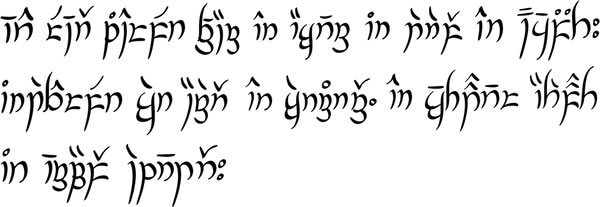Podcast: Play in new window | Download
In this Adventure in Etymology, we find connections between clutter, clods and klutzes.

My cluttered kitchen part way through its current renovation
Clutter [ˈklʌtə(ɹ) / ˈklʌtɚ] is:
- A confused disordered jumble of things
- Background echoes, from clouds etc., on a radar or sonar screen.
- Clatter; confused noise. (obsolete)
It comes from Middle English cloteren (to form clots, coagulate, heap on), from clot (clot, ball of earth of clay), from Old English clot(t) (mass, lump), from Proto-West-Germanic *klott (clod, lump, ball), from Proto-Germanic *kluttaz (clod, lump, ball), from Proto-Indo-European *gel- (to ball up, amass, clench) [source].
Words from the same roots include cleat, clod, clot, cloud and klutz in English, Klotz (block, log, chunk, klutz) in German, klut (rag, cloth, patch, sail) in Swedish, klode (globe) in Danish, and possibly cludair (a heap, pile) in Welsh [source].
The word klutz, which in the USA refers to a clumsy or stupud person, comes from the Yiddish word קלאָץ (klots – wooden beam, log, block, oaf, blockhead), from Middle High German kloz (stump, ball), from Old High German kloz (stump, ball), from Proto-West Germanic *klott (clod, lump, ball), etc. [source].
In the UK, one equivalent of a klutz might be a clot, which is used to refer to a silly person, and not so much a clumsy person Other words with similar meanings are available. For a clumsy person, we might say butterfingers [source].
Some related words related to clutter include:
- cluttercore – An interior design trend and aesthetic, popular in the 2020s, based on densely filling spaces with personal objects and decorative items, resulting in a vibrant and eclectic arrangement of contrasting colours and textures – a.k.a. ‘TikTok aesthetic’ [source]
- clutterblug – someone who collects lots of things that have value or personal meaning, unlike a hoarder, who collects huge amounts of stuff, often of seemingly little value to themselves or others [source].
- (to) declutter – The act or process of removing clutter; a decluttering; to remove clutter from, to tidy – a.k.a. (to) unclutter [source]. This is something I’m attempting to do at the moment in my late mother’s house, and my own house.
I am a bit of a clutterblug, and tend to hold on to things that might be useful one day. I seem to go through phases of cluttering, decluttering and recluttering. How about you?
I thought I’d just made up reclutter (the process of cluttering after a declutter), but apparently it’s a thing: “recluttering encourages us to discard our negative associations towards ‘clutter’ and create a conscious, more mindful relationship with our belongings, instead. Essentially, if something brings joy, purpose or personality to us and our homes, it’s worth holding on to, whether it’s ‘necessary’ or not.” [source].
You can also listen to this podcast on: Apple Podcasts, Amazon Music, TuneIn, Podchaser, Podbay or Podtail and other pod places.
If you would like to support this podcast, you can make a donation via PayPal or Patreon, or contribute to Omniglot in other ways.
Radio Omniglot podcasts are brought to you in association with Blubrry Podcast Hosting, a great place to host your podcasts. Get your first month free with the promo code omniglot.
I also write about words, etymology and other language-related topics on the Omniglot Blog, and I explore etymological connections between Celtic languages on the Celtiadur blog.

















